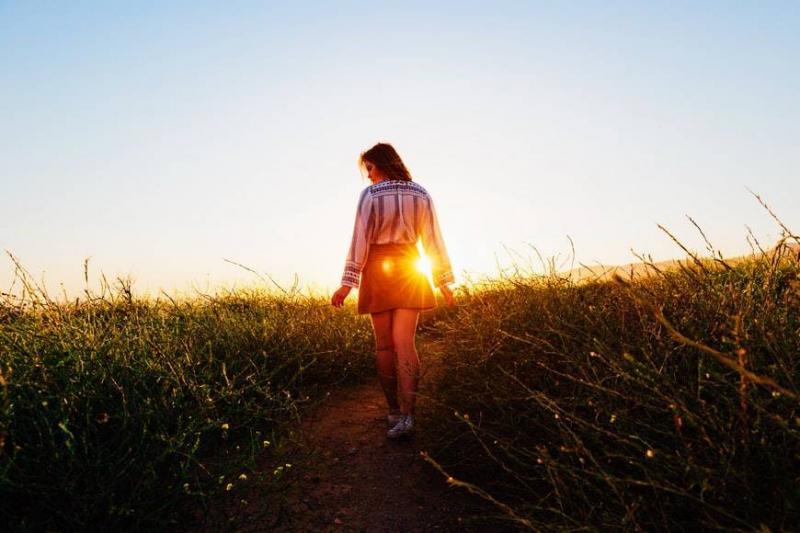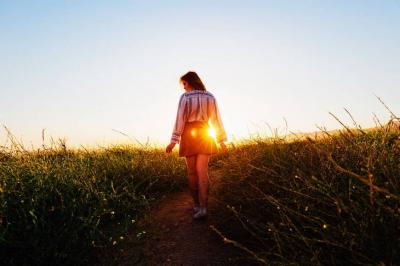Nearly half of adults worldwide experienced a decline in quality of life in 2020 due to restrictions aimed at curbing the spread of the coronavirus, according to a survey published in the journal "Sleep Research" on Wednesday. Furthermore, more than one third of participants reported worsened sleep problems during lockdowns that saw schools and businesses closed for months last year in many parts of the world, including the United States, as the data showed.
Lockdowns also led to a decrease in work productivity for more than two-thirds of people and a drop in physical activity for over half. These declines coincided with a nearly 60% reduction in exposure to outdoor daylight, which was matched by increases in device and screen usage, according to researchers.
Previous studies have linked reduced exposure to daylight with shorter sleep duration and lower sleep quality. These changes in sleep patterns are likely disrupting other aspects of the lives of survey participants, said Maria Korman, a co-author of the study.
Korman stated that daylight enhances alertness, mood, vitality, and cognitive function, and regulates our biological clock; therefore, the lack of outdoor presence negatively affects mental and physical health.
The findings by Korman and her colleagues are based on a survey of nearly 12,000 adults in 40 countries, including the United States. Researchers emphasized that strategies to improve well-being during the pandemic should primarily include exposure to outdoor daylight, as reported by UPI.




